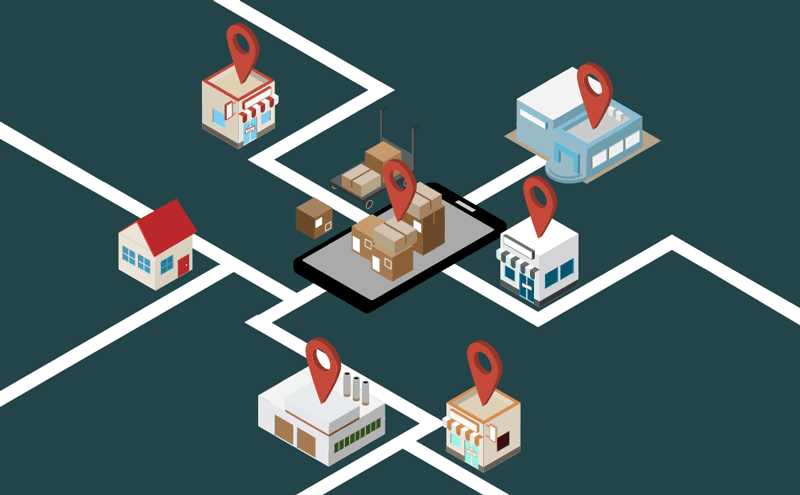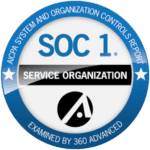What is Transportation Management Software?
Transportation management software (TMS) is a technology platform designed to assist businesses plan, execute and optimize the movement of goods and services. It gives companies real-time insight into their transportation operations so they can make informed decisions with increased efficiency. TMS handles various transportation activities like route planning, carrier selection, load optimization, shipment tracking and freight payment.How Does Transportation Management Software Function?
TMS consolidates transportation data onto a single platform, giving users real-time insight into their operations. This data comes from various sources such as carrier systems, order management systems and warehouse management systems and is then utilized by the TMS to optimize routing decisions by identifying efficient routes, carriers and modes of transport.Benefits of a TMS
TMS offers many advantages to drivers and passengers alike.- Cost Savings: Transportation Management Systems (TMSs) can assist businesses in saving money through optimized transportation operations, reduced transportation expenses and minimized errors.
- Enhancing Efficiency: TMSs can automate transportation processes, eliminating the need for manual intervention and increasing overall efficiency.
- Real-Time Visibility: TMS provides real-time insight into transportation operations, giving businesses the power to make informed decisions and quickly adjust according to changing conditions.
- Enhancing Customer Service: TMS can assist businesses in improving customer service by offering precise delivery times and shipment tracking information.
Selecting the Appropriate TMS For Your Business
Choosing a suitable transportation management software is essential for successful operations. When selecting a TMS for your business, it’s essential to take into account the following elements:- Scalability: Opt for a TMS that can scale with your business and meet any changing requirements.
- Integration: Confirm that your TMS can integrate with existing systems, such as order management and warehouse management software.
- User-Friendliness: Select a TMS that is intuitive to use and understand, cutting down on the need for extensive training.
- Customer Support: Make sure the TMS vendor you select offers excellent customer support, such as training, implementation and on-going assistance.
Frequent Asked Questions
What are the Advantages of Transportation Management Software?
TMS systems can assist businesses in saving money by optimizing transportation operations, cutting expenses and eliminating errors. They also automate processes, provide real-time visibility into transportation activities and enhance customer service levels.
What Should I Look For in a TMS?
When selecting transportation management software, look for features like route planning, carrier selection, load optimization, shipment tracking and freight payment. Furthermore, take into account scalability, integration ease of use and customer support options.
Are TMS’s expensive?
The cost of a TMS varies based on the vendor, your business size and required features. Generally, though, TMS’ advantages outweigh its drawbacks as it helps businesses save money and boost efficiency.
Can TMS’s integrate with other systems?
Yes, transportation management software can integrate with other systems like order management systems and warehouse management programs. This integration gives businesses a comprehensive view of their operations and helps boost efficiency levels.
Is transportation management software user-friendly?
The ease of use of transportation management software varies depending on the vendor and features selected. Fortunately, many TMS solutions are user-friendly, meaning there’s usually no need for extensive training when using them.
How can I select the best TMS for my business?
When selecting a TMS, factors like scalability, integration, user-friendliness and customer support should all be taken into account. You should also ensure the vendor you select has experience working with businesses in your industry.
Need help choosing a TMS for your business? Contact us today!
Can a TMS Software Enhance Customer Service?
Yes, a TMS can improve customer service by providing accurate delivery times and shipment tracking data. This data helps businesses stay informed, providing a better customer experience.




